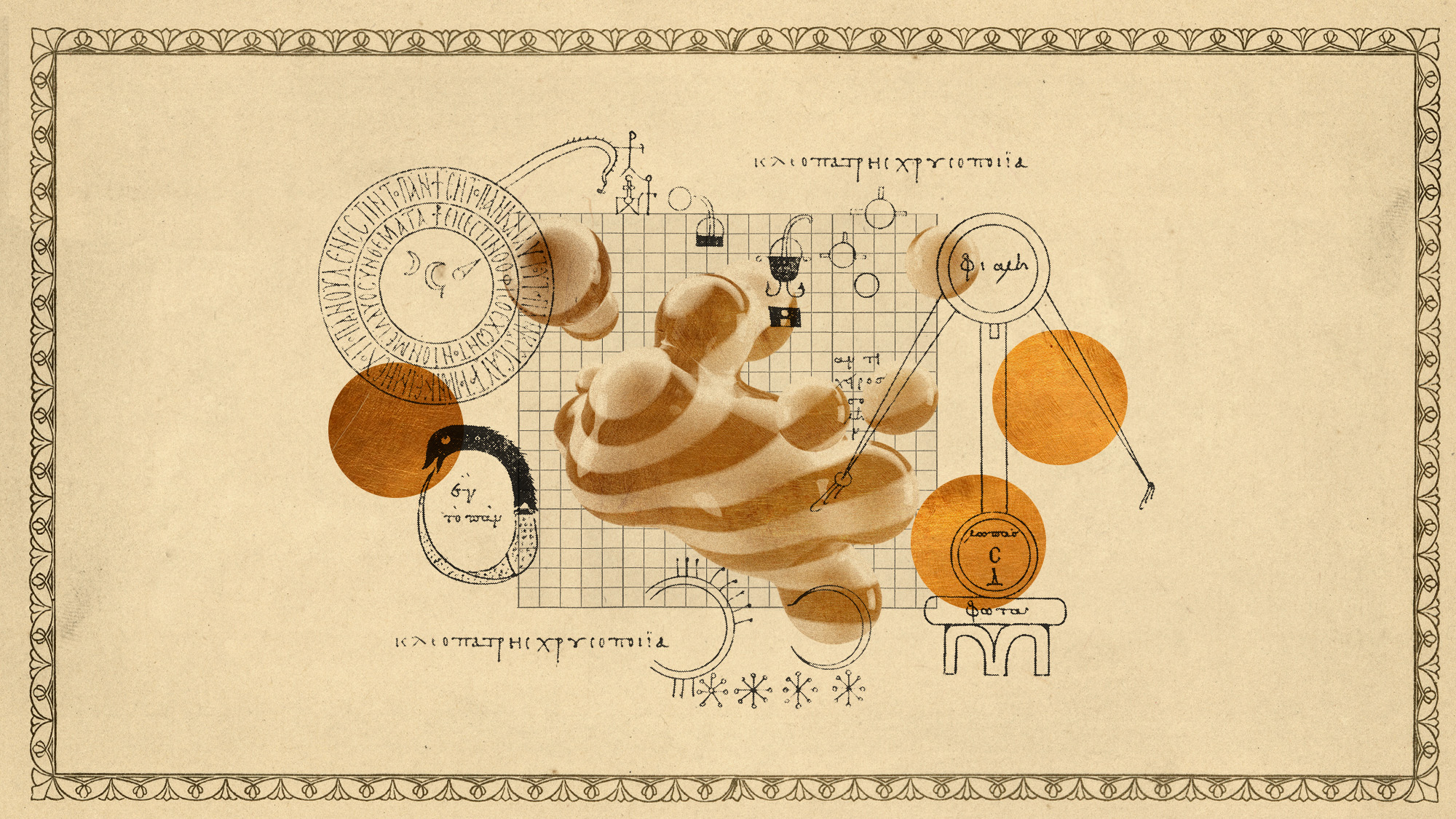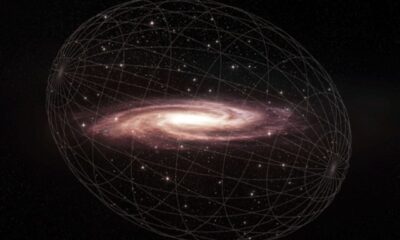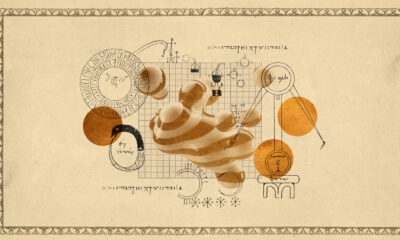Science
Modern Alchemy: Can Nuclear Fusion Turn Mercury into Gold?

The ancient dream of alchemy, the transformation of base metals into gold, is seeing a potential revival through modern science. Recent developments in nuclear fusion technology have prompted researchers to explore whether it is feasible to convert mercury into gold. While traditionally dismissed as a pseudoscience, this contemporary approach raises intriguing questions about the future of gold production.
At the forefront of this modern alchemical effort is Marathon Fusion, which has outlined a plan to synthesize stable gold from the abundant mercury isotope, mercury-198. According to Gizmodo, this process, known as transmutation, involves altering the nucleus of one element to create another. Specifically, Marathon proposes to introduce mercury-198 into a fusion reactor and bombard it with neutrons, transforming it first into mercury-197, an unstable isotope. This isotope would then decay into gold-197, the only stable form of gold.
The entire process is projected to take approximately 64 hours. Marathon’s research claims that for every gigawatt of power generated, it would be possible to produce five metric tons of gold annually. If successful, this could significantly surpass the current annual global output of approximately 3,500 metric tons of mined gold, as reported by The Times.
Despite the promising concept, skepticism surrounds the feasibility of this venture. The Times highlights several challenges, particularly the operational requirements of fusion reactors necessary for gold creation. Although experimental reactors capable of generating electricity have been developed, the technology has yet to reach a commercially viable stage. Furthermore, the operations would demand substantial energy, and researchers are still working to achieve a point where fusion plants can produce more energy than they consume.
The engineering challenges are considerable, with scientists facing difficulties in managing high-energy plasma within complex reactor systems. Additionally, there are concerns about the radioactivity of the gold produced through this method. Any gold synthesized from mercury could require a storage period of 14 to 18 years before it is safe for handling, complicating large-scale production.
Nevertheless, the scientific community is cautiously optimistic about Marathon’s proposal, although it has not undergone peer review. Dr. Ahmed Diallo, a plasma physicist at the U.S. Department of Energy’s national laboratory at Princeton University, expressed intrigue about the potential of this research, stating, “On paper it looks great and everyone so far that I talk to remains intrigued and excited.”
Dan Brunner, a former chief technology officer at Commonwealth Fusion Systems and an advisor to Marathon, emphasized the scientific validity of the concept. He noted, “From a purely scientific perspective, it looks like it all hangs together. I think the challenge comes with actually engineering it into a practical system.”
As researchers continue to explore the boundaries of nuclear technology, the idea of modern alchemy transforming mercury into gold remains an exciting, albeit challenging, frontier in science. The ongoing developments will be closely watched, as they hold the potential to redefine not only the nature of gold production but also the very foundations of alchemy itself.
-

 Technology5 months ago
Technology5 months agoDiscover the Top 10 Calorie Counting Apps of 2025
-

 Technology3 weeks ago
Technology3 weeks agoOpenAI to Implement Age Verification for ChatGPT by December 2025
-

 Health3 months ago
Health3 months agoBella Hadid Shares Health Update After Treatment for Lyme Disease
-

 Health3 months ago
Health3 months agoAnalysts Project Stronger Growth for Apple’s iPhone 17 Lineup
-

 Health4 months ago
Health4 months agoErin Bates Shares Recovery Update Following Sepsis Complications
-

 Technology5 months ago
Technology5 months agoDiscover How to Reverse Image Search Using ChatGPT Effortlessly
-

 Technology3 months ago
Technology3 months agoElectric Moto Influencer Surronster Arrested in Tijuana
-

 Technology5 months ago
Technology5 months agoMeta Initiates $60B AI Data Center Expansion, Starting in Ohio
-

 Technology2 months ago
Technology2 months agoDiscover 2025’s Top GPUs for Exceptional 4K Gaming Performance
-

 Technology5 months ago
Technology5 months agoRecovering a Suspended TikTok Account: A Step-by-Step Guide
-

 Health5 months ago
Health5 months agoTested: Rab Firewall Mountain Jacket Survives Harsh Conditions
-

 Lifestyle5 months ago
Lifestyle5 months agoBelton Family Reunites After Daughter Survives Hill Country Floods















